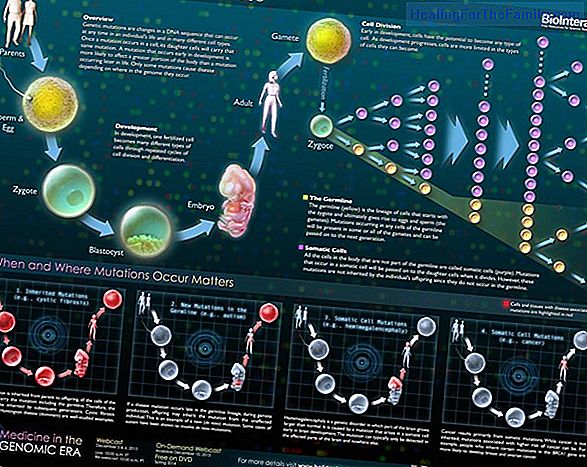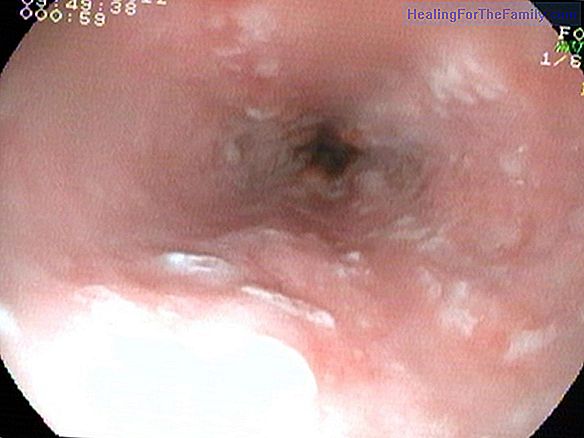The correct diet during pregnancy
One of the biggest fears of pregnant women is to gain more weight than they should be and to be overweight in pregnancy. It is essential that you acquire healthy habits in the diet and avoid eating everything that falls into your hands to carry a correct diet in pregnancy. Learn to differentiate the
One of the biggest fears of pregnant women is to gain more weight than they should be and to be overweight in pregnancy. It is essential that you acquire healthy habits in the diet and avoid eating everything that falls into your hands to carry a correct diet in pregnancy.
Learn to differentiate the foods that contribute fats, sugars and an excess of calories from healthy and balanced foods, will help you to maintain an adequate diet during pregnancy.
Tips for correct nutrition during pregnancy

- Carbohydrates will give you the energy you need for your body and your baby. They should make up half of the daily calories you consume in your pregnant diet. Carbohydrates are classified as simple, present in glucose or fructose, and are in sugar, jams or honey. The complex carbohydrates, of slower absorption are present in bread, pasta, cereals, rice, legúmbres or oats.
- Proteins: are essential to carry a correct diet in pregnancy because will help develop the cells and the baby's immune system. The proteins that provide foods of animal origin such as dairy, eggs, meat or fish have a high value for the growth and development of the baby in pregnancy. You can also find proteins in foods of plant origin such as legumes, cereals and nuts.
- Fats: If you eat too much fat in your pregnant menu, you may be overweight. However, dieting and totally eliminating fats from the menu is totally contraindicated in pregnancy. There are fats fundamental for the development of the baby, in particular the Omega3 fats, present mainly in blue fish, and that will help the formation of the neurological system of the fetus. At least 3 times a week, introduce these fatty acids into your diet. However, avoid tuna and swordfish because they have a high mercury content.
- Vitamins: The gynecologist will prescribe vitamin supplements to ensure the necessary daily contribution throughout the pregnancy. However, as a daily guide, enter between 2 and 4 pieces of fruit in your pregnant diet. In general, all vitamins are good during pregnancy, but try not to abuse vitamin A, as it does not dissolve in water and can not be eliminated in the urine. Do not eliminate it from your diet, since it is good for the baby's development and vision, but an excessive accumulation of vitamin A can cause malformations in the fetus. It is present in fish liver oil, liver, dairy products, carrots, squash, lettuce or spinach. Tips for correct nutrition during pregnancy If you want to avoid eating more than necessary during the whole pregnancy, it is convenient to exile the false myth that you have to "eat for two". The reality is that you will eat for two but
do not double the amount of food
or binge you at all meals. Eating 5 times a day in small amounts has to be another of your maxims to have a correct diet during pregnancy. Distribute the meals in: breakfast, mid-morning, lunch, snack and dinner. Drinking water, at least two liters a day, will be beneficial for you and your health during pregnancy. It will help you to be hydrated and also prevents the appearance of varicose veins.












